Music is the mediator between the life of the senses and the life of the spirit. – Beethoven “We surrender to music when we listen to it – we allow ourselves to trust the composer and musician with a part of our hearts and our spirits. We let the music take us somewhere outside ourselves. The power of music is that it can connect us to one another, and to larger truths about what it means to be alive and what it means to be human. That is how we are moved by music, ” writes Daniel J. Levitin in …
Category: Philosophy
By believing oneself to be the master of one’s thoughts, one becomes so. “Before you treat someone, ask if they are willing to give up the things that make them sick,” advised Hippocrates (c. 460-370 BC). Since age-old times, philosophers and medical savants have researched to demystify the creative power of human thought. The maxims “Man is what he thinks” and “I think, therefore I exist” have long been common in universal language. As an ancient sage said : Be careful of your thoughts, for they become your words, words become your actions, your actions become your habits, habits …
“Everything is connected to everything by secret knots.” Numerology and number magic has fascinated humanity throughout millennia. From African tribes, American Indians, and Mayas to Mesopotamia, China and India, numbers are attributed mystery and meaning. Annemarie Schimmel (1922-2003), Harvard University professor known for her vast knowledge and distinguished books on Sufism and Islamic culture, offers a rare resource in numerology with her book The Mystery of Numbers. She demystifies the meanings of numbers in the religious traditions of Judaism, Christianity and Islam with rich, at times astonishing examples, from folklore, literature, art, creed and everyday life rituals. She …
Lucidity, awareness, and “otherworldly” sensations experienced at the brink of death and awe-inspiring medical reports of notable doctors People like to wonder, and this is the kernel of science. – Ralph Waldo Emerson During the Second World War, the Austrian poet and writer Karl Skala (1924–2006), went to Russia with his troops. He and his comrade, Hannes, caught under artillery fire, took refuge in a fox inn. Hannes got hit and died there. Skala, heavily wounded, experienced that they were both rising up high in the sky, and found themselves looking at the battlefield below. Feeling the weight of …
Blazing story of the moth from the Canticle of the Birds, written by the apothecarist, hagiographer, mystic and outstanding Persian poet Farîd-ud-Dîn ‘Attâr (c. 1142-1221) Moths gathered in a fluttering throng one night To learn the truth about the candle’s light, And they decided one of them should go To gather news of the elusive glow. One flew till the distance he discerned A palace window where a candle burned – And went no nearer; back again he flew To tell the others what he thought he knew. The mentor of the moths dismissed his claim, Remarking : …
As you go deeper into the heart, the mirror becomes clearer and cleaner. –Rumi Carl Gustave Jung, the renowned psychiatrist and psychanalyst defines the inner dialogue as an essential tool of human beings. Often heard at times of inner conflict, it is the precursor of a decision, and propels the self to discern good from bad. Instantaneously sparking self-reflective activity in the mental-psychic fronts, it tends to generate action. The eminent child psychologist D.W. Winnicott defines it as an essential part of development of the “selfhood”. He says: The conversation takes place in the space between fantasy and reality where one …
The cure for fear is action. Action requires courage. – Aristotle Winter of 1939. Finland is invaded by the Red Army. The Finns are far inferior in numbers and artillery. But they have “sisu” in greater quantities as the story goes. Using their cross-country skiing skills, they manage to surprise and disperse the Russian troops. The Finns describe “ sisu” as the guts, the courage of the lesser. A mixture of audacity and perseverance which leads to never giving up, even when all seems lost. It is an inner strength that transforms one’s supposed inferiority to advantage by thinking out …
Mathnavi is a universal love hymn. On the 750th anniversary of his death, the mythical poet, sage and spiritual master Rumi (30 September 1207, Belh region – 17 December 1273, Konya) is one of the most read poets in the West. Leili Anvar attributes it to his sublime spiritual poise that transcends all religious norms. She is known for her scholarly translations, her profound knowledge of mystical Persian literature, and life and spiritual personality of Rumi. In the preface of her book Rumi, the Religion of Love , she describes the epoch he lived in Anatolia. Rumi lived in …
Mastering others is power, mastering oneself is true willpower. – Lao Tzu At the time the universe was created, it was debated to whom willpower should be given. None undertook the responsibility. When humankind – the highest of all creatures was created, willpower was granted to him. Thus, the heavy burden that mighty mountains and sturdy animals could not lift was placed on the shoulders of humankind. Ever since then we roam the day with the devil of temptation on one shoulder and the angel of restraint on the other. We might have a sudden craving on the spot, …
The Pythagoreans believed that music was a purification for the soul, just as medicine was a purification for the body. The ancient Greek philosopher and polymath, Pythagoras (c. 570 – 495 BC) said that all things in cosmos – κόσμος are made of numbers ensuring that the universe functions in order and harmony. Known with his pioneering theories on music and mathematics, he proclaimed that cosmos is in harmonious motion precisely timed and structured. The harmonious and repetitive rotations of the spheres emit celestial melodies which he phrased as musica universalis – the music of the spheres. He put forth …



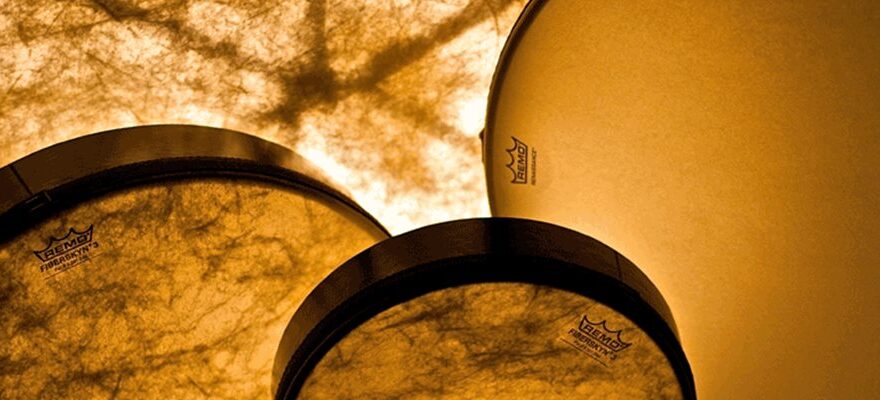

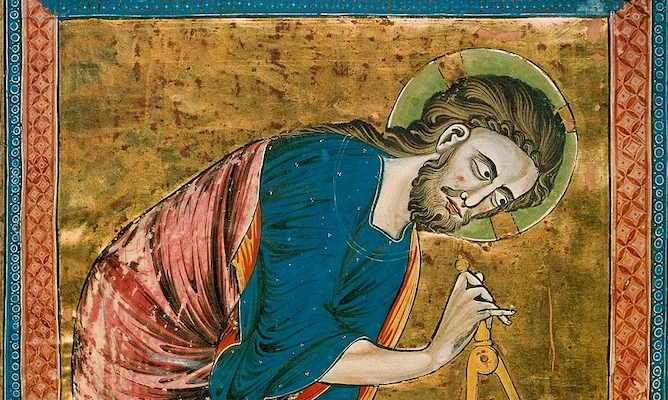
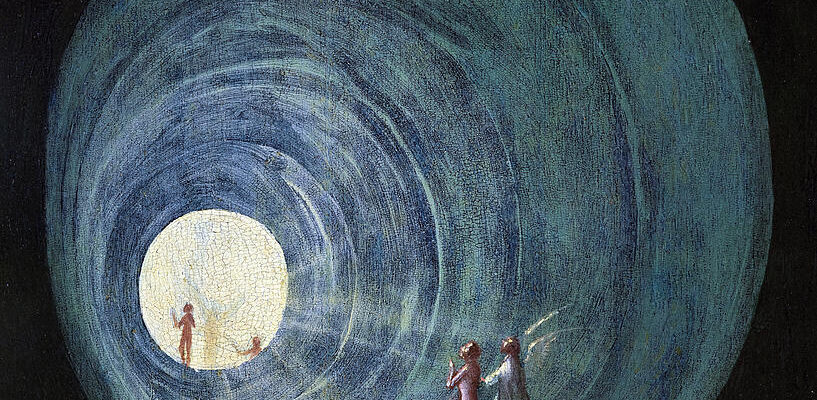

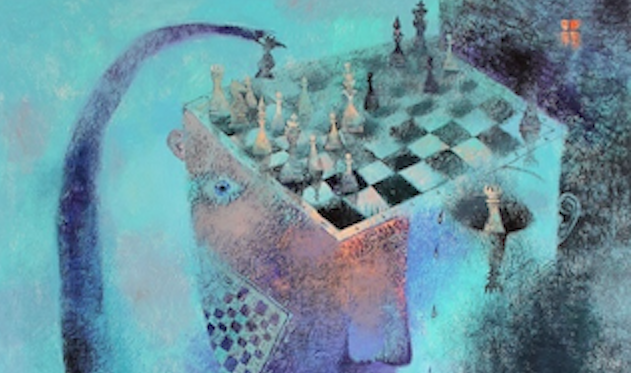

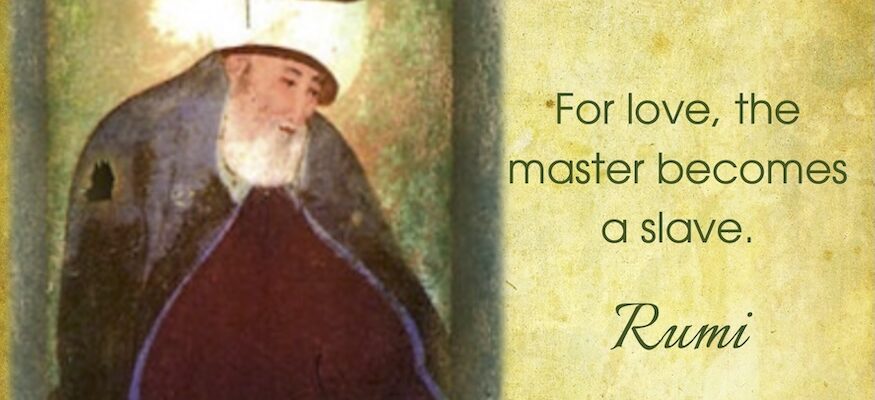

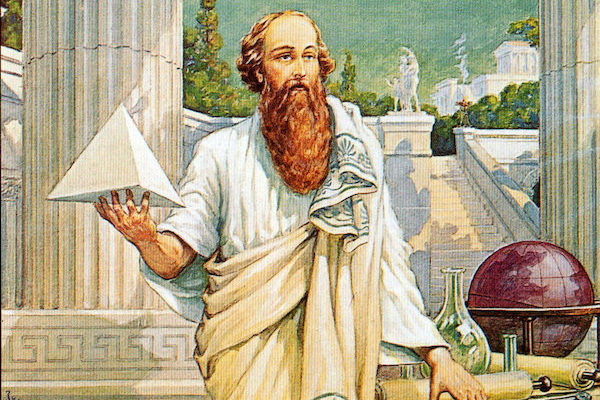





Social Profiles